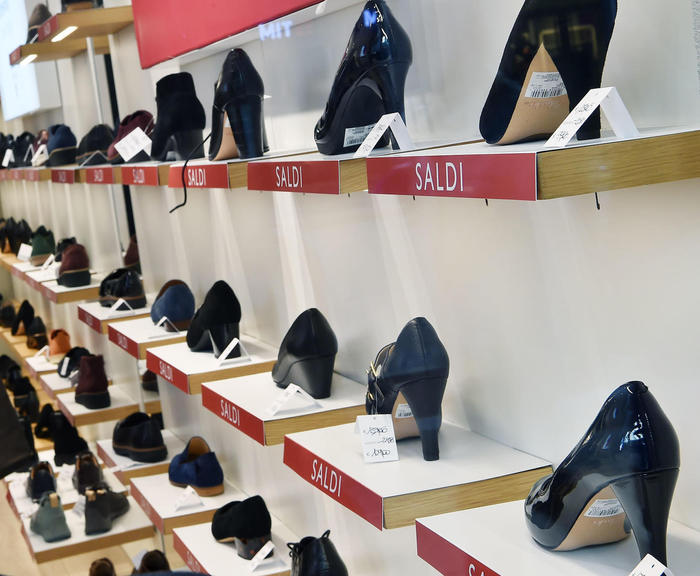In November 2020, for retail sales, a decline of 6.9% in value and 7.4% in volume is estimated compared to October.
Sales of
food goods increased
(+ 1.0% in value and volume) while sales of non-food goods decreased both in value and in volume (by 13.2% and 13.5% respectively).
Istat communicates it.
On a trend basis, in November, retail sales fell by 8.1% in value and 8.4% in volume.
To weigh, the sales of
non-food goods
, in sharp decline (-15.1% in value and in volume), while sales of food products are up (+ 2.2% in value and + 0.7% in volume).
Istat observes that in November the decrease in retail sales both compared to the previous month and on an annual basis "is determined by the non-food sector, a sector strongly affected by the application of the new closure measures linked to the health emergency" .
In the quarter September-November 2020, retail sales recorded a cyclical increase of 0.5% in value and 1.5% in volume.
Sales of food goods grew (+ 2.0% in value and volume) while those of non-food goods decreased in value (-0.6%) and increased in volume (+ 1.1%).
As regards non-food goods, negative trend changes were recorded for almost all product groups with the exception of IT, telecommunications, telephony equipment (+ 28.7%) and Household tools and hardware (+2, 0%).
The sharp declines are highlighted, however, for
footwear, leather and travel goods
(-45.8%) and
LOTHING and fur
(-37.7%).
(HANDLE).
Meanwhile, the
Bank of Italy
takes stock of
small and medium-sized enterprises
.
The flow of quotations on the Stock Exchange on the Ai market of Italian SMEs will resume as soon as the effects of the Covid crisis are exhausted, which reduced the pool of quotable companies which remains high and above 2000 units.
This is what we read in the 'Covid notes' of the Bank of Italy according to which, based on the simulations on the company financial statements 2020 (which contain the effects of the first pandemic wave) and a similar estimate for 2021, the number of listed companies it would remain above 2,000 even at the beginning of 2021, despite the effects of the health crisis reducing the number of SMEs eligible for listing by 20-25%.
Via Nazionale notes how Italian SMEs have resorted more to bank financing and less to raising risk capital.
This contributed to the undersizing of the Italian stock market compared to other advanced economies.
The ratio of market capitalization to GDP in Italy at the end of 2019 was 36%, more than 100% in France and the UK and more than 50% in Germany.
In recent years, the number of admissions to the stock exchange of SMEs has increased also thanks to legislative and market measures that have reduced listing costs, including the creation of the AIM Italia market for smaller companies with high growth potential.
The first wave of the pandemic and the consequent economic crisis interrupted this trend.









